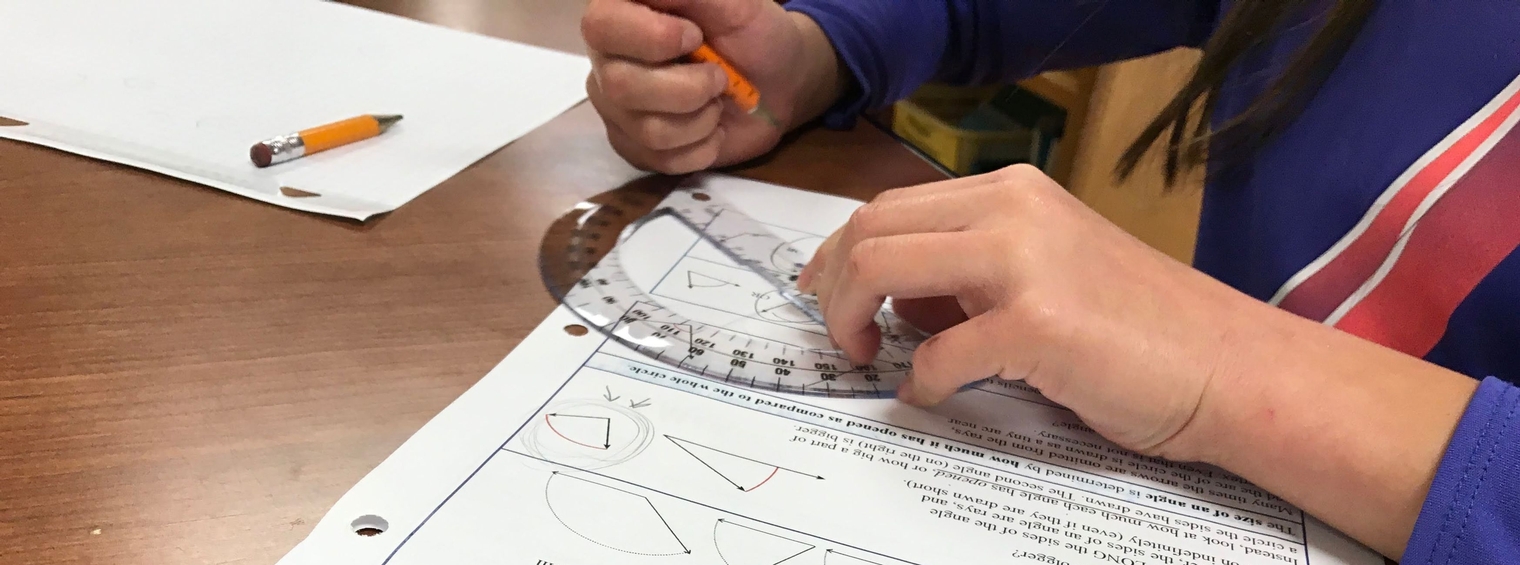

3, 4 and 5 Year Olds
Children’s House focuses on children between the ages of 3 and 6. Pre-K is offered as a half- or full-day program; kindergarten is a full-day program. Children in this age range learn through real-life activities that support independence and self-efficacy; manipulation of objects to provide concrete sensorial experience; and open-ended exploration leading to the refinement of their movements, sensory perceptions, language and the development of their intellect. Members of this community thrive through opportunities to follow their own interest, choose their own activities, develop a capacity for concentration, and engage at their own pace their emerging powers of reason, imagination, and sociability. A guide’s purpose is to help these children become well-adapted individuals, ready to take a positive, pro-social place in their world.
Materials and activities are designed to support self-directed discovery and learning. See below for areas of:
(Source for some content: Association Montessori Internationale.)
